The global space economy is experiencing a period of unprecedented growth, with its value estimated to be between $418 billion and over $600 billion in 2024, according to various market analyses.
This burgeoning sector—fueled by a surge in commercial activity and sustained government investment—is on a trajectory to become a nearly $1 trillion industry by 2030, with some forecasts projecting it could reach $1.8 trillion by 2035.
Pioneers like SpaceX and Blue Origin have laid the technological and economic foundation for this new space age. Their breakthroughs in reusable launch systems, orbital logistics, and private space missions have reshaped the industry and inspired a new wave of commercial ventures.
While SpaceX and Blue Origin remain at the forefront of innovation, this post focuses on the next generation of bold startups building on that momentum.
As launch costs fall and access to orbit expands, a new generation of startups is leading the charge in redefining what’s possible in space.
From building reusable rockets and space stations to mining asteroids and manufacturing in microgravity, these companies are developing the infrastructure and technologies that will enable long-term human presence and economic activity beyond Earth.
Below are some of the innovative space startups at the forefront of this transformation—each playing a critical role in shaping the next chapter of human progress among the stars.
bluShift Aerospace
Headquarters: Brunswick, ME, USA
Focus: Eco-friendly, small satellite launch services
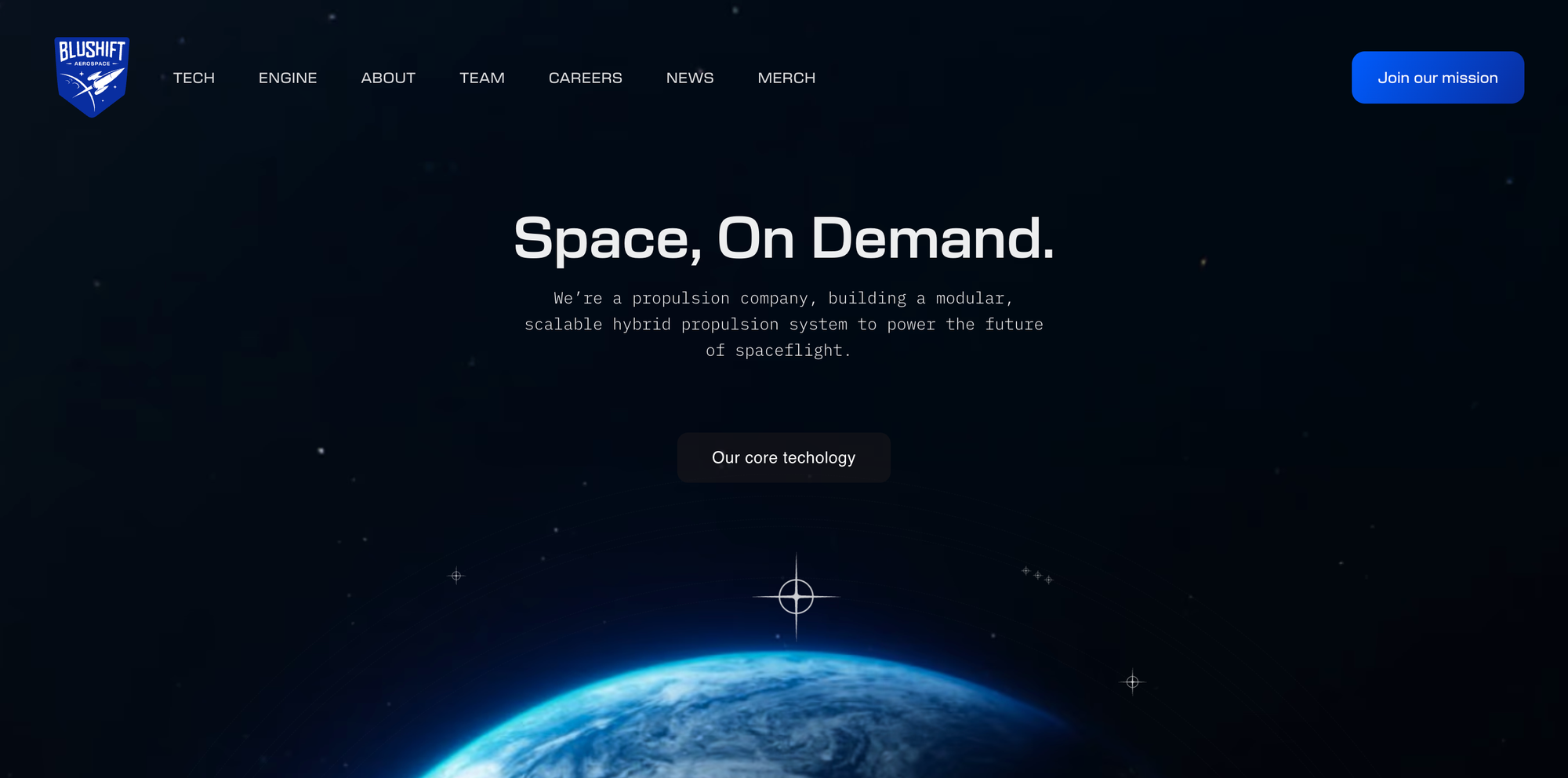
bluShift Aerospace is pioneering sustainable access to space with rockets powered by bio-derived fuel—a carbon-neutral alternative to traditional propellants. Their mission is to offer affordable, small payload launches for CubeSats and research missions, while dramatically reducing the environmental impact of rocket launches.
🔹 Top innovation: The Stardust rocket, the first commercial rocket in the world powered by biofuel.
Listen to our interview with the founder:
Axiom Space
Headquarters: Houston, TX, USA
Focus: Commercial space stations and missions

Axiom is leading the charge in building the first commercial space station. With plans to replace the International Space Station (ISS), Axiom will host astronauts, research, and even private space tourism.
🔹 Top innovation: Building modular space station components for microgravity research and travel.
Hadrian
Headquarters: Los Angeles, CA, USA
Focus: Precision manufacturing for aerospace and defense

Hadrian is reimagining the factory for space. By automating and scaling the production of precision aerospace components—think fuel systems, avionics, and satellite parts—Hadrian is creating the supply chain backbone for space exploration.
Their factories are designed to rapidly produce parts that once took months, accelerating how fast we build and launch space technologies.
🔹 Top innovation: Fully automated factories delivering space-grade components at startup speed.
Relativity Space
Headquarters: Long Beach, CA, USA
Focus: 3D-printed rockets and autonomous launch systems
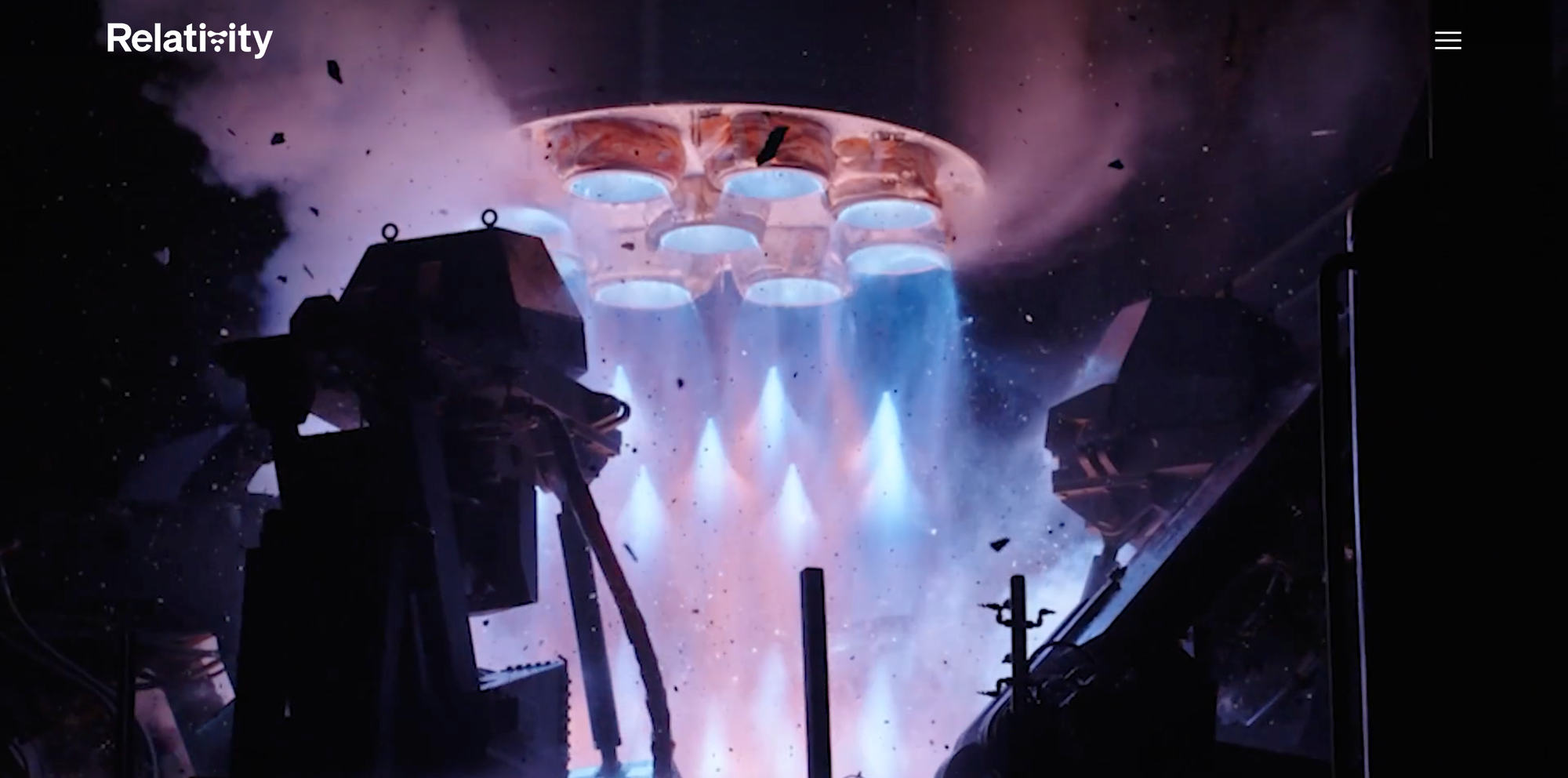
Relativity Space is building the world’s first fully 3D-printed rockets using AI-driven manufacturing. Their goal? To revolutionize how we build and launch rockets—making space access faster, more scalable, and more sustainable.
🔹 Top innovation: Terran R—a reusable, fully 3D-printed rocket aimed at Mars missions.
Varda Space Industries
Headquarters: El Segundo, CA, USA
Focus: In-orbit manufacturing of pharmaceuticals and advanced materials

Varda is turning orbit into a factory floor. By leveraging microgravity, they’re creating materials and medicines that are impossible to produce on Earth—then safely returning them home.
🔹 Top innovation: Space-manufactured therapeutics with superior molecular structure.
Astroscale
Headquarters: Tokyo, Japan
Focus: Space debris removal and satellite servicing
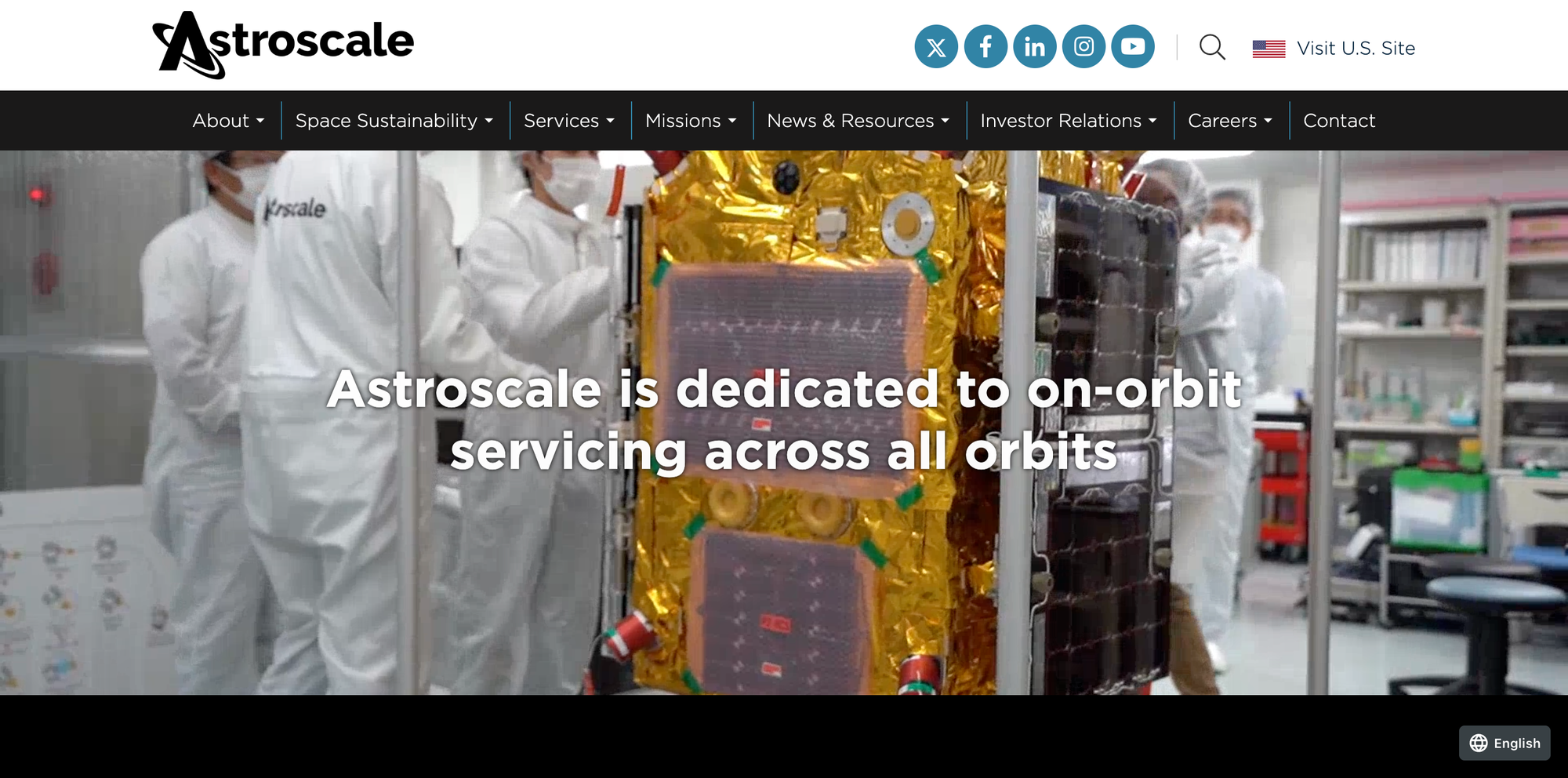
As space traffic increases, so does the threat of orbital junk. Astroscale is developing the tech to clean up dead satellites and debris—ensuring safe, sustainable access to Earth’s orbit.
🔹 Top innovation: Magnetic capture mechanisms for collecting orbital waste.
Space Forge
Headquarters: Cardiff, UK
Focus: Returnable orbital manufacturing platforms

Space Forge is developing reusable satellites to build super materials in space. Their ForgeStar platform is designed to return manufactured goods to Earth with precision and minimal impact.
🔹 Top innovation: Heat-shield tech for safe atmospheric re-entry of materials.
Orbit Fab
Headquarters: Lafayette, CO, USA
Focus: On-orbit refueling for satellites and spacecraft
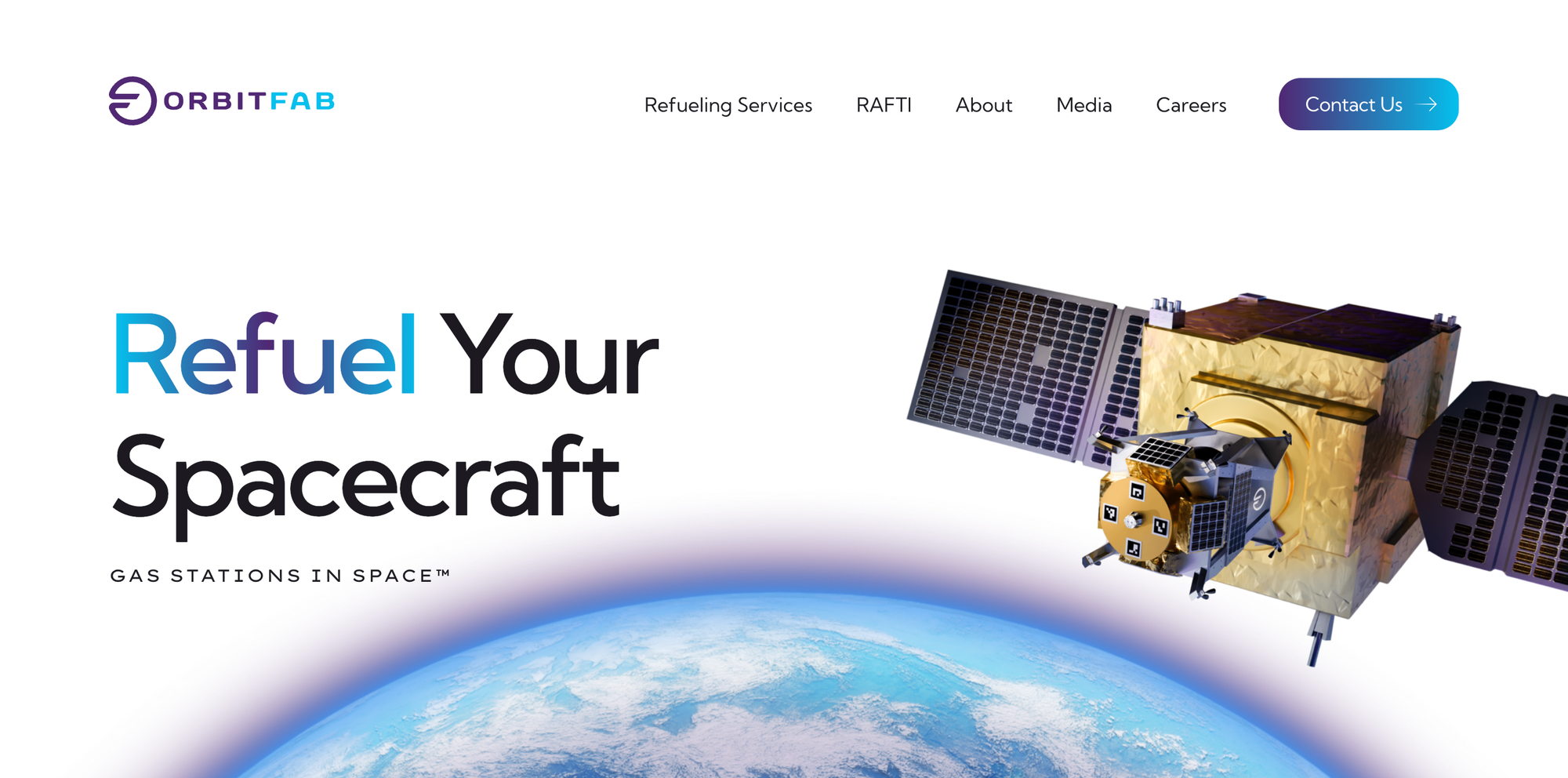
Orbit Fab is building “gas stations” in space to refuel satellites and extend mission lifespans. It’s pioneering the infrastructure needed for long-term orbital operations and interplanetary travel.
🔹 Top innovation: RAFTI—an industry-standard fueling port for in-space servicing.
Stoke Space
Headquarters: Kent, WA, USA
Focus: Fully reusable rockets
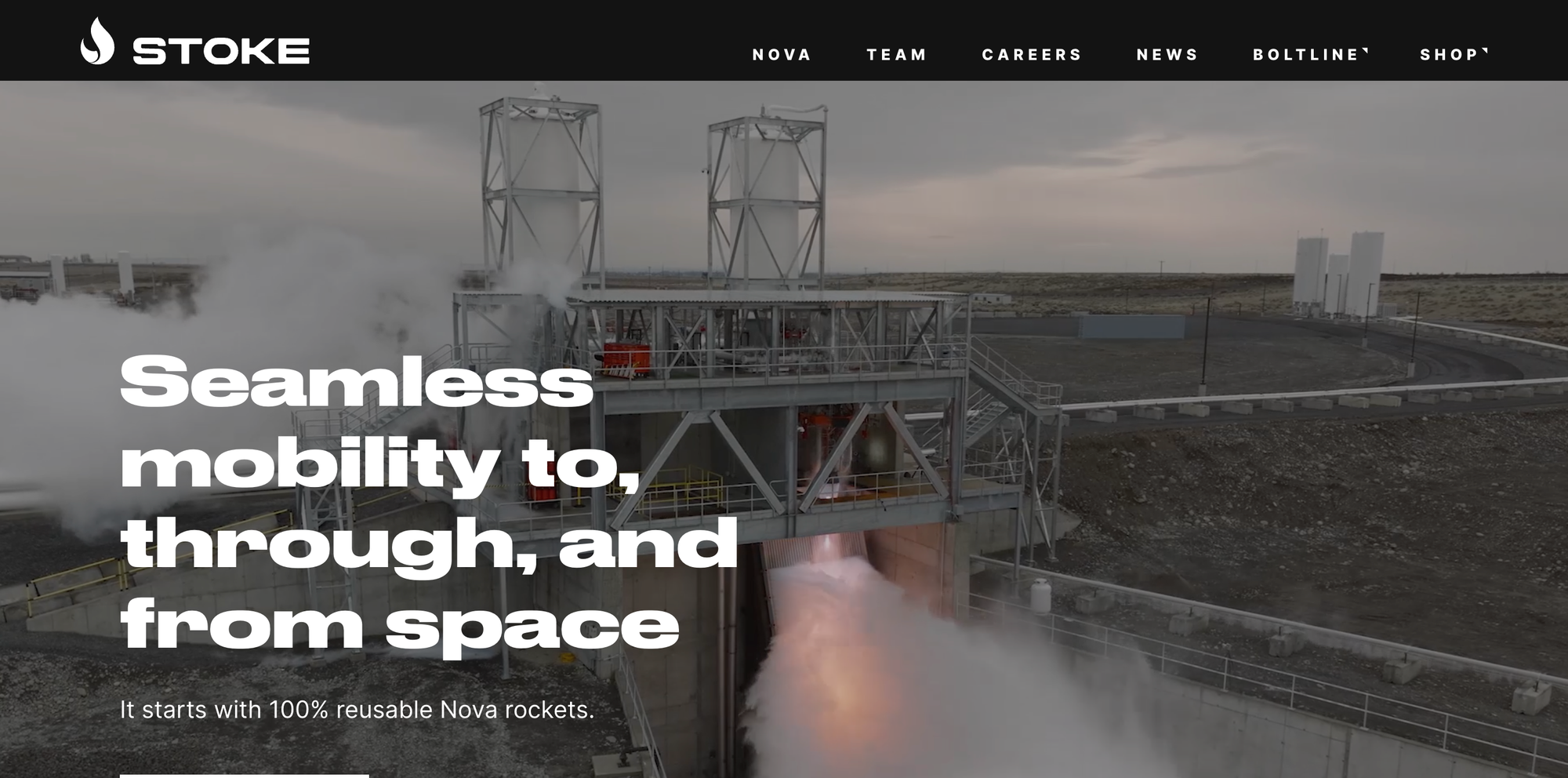
Stoke is designing 100% reusable rockets to dramatically reduce the cost and environmental impact of launching satellites and cargo to space. Their mission aligns with creating a sustainable space economy.
🔹 Top innovation: One-stage reusable launch vehicle with rapid turnaround times.
AstroForge
Headquarters: Huntington Beach, CA, USA
Focus: Asteroid mining and in-space resource extraction
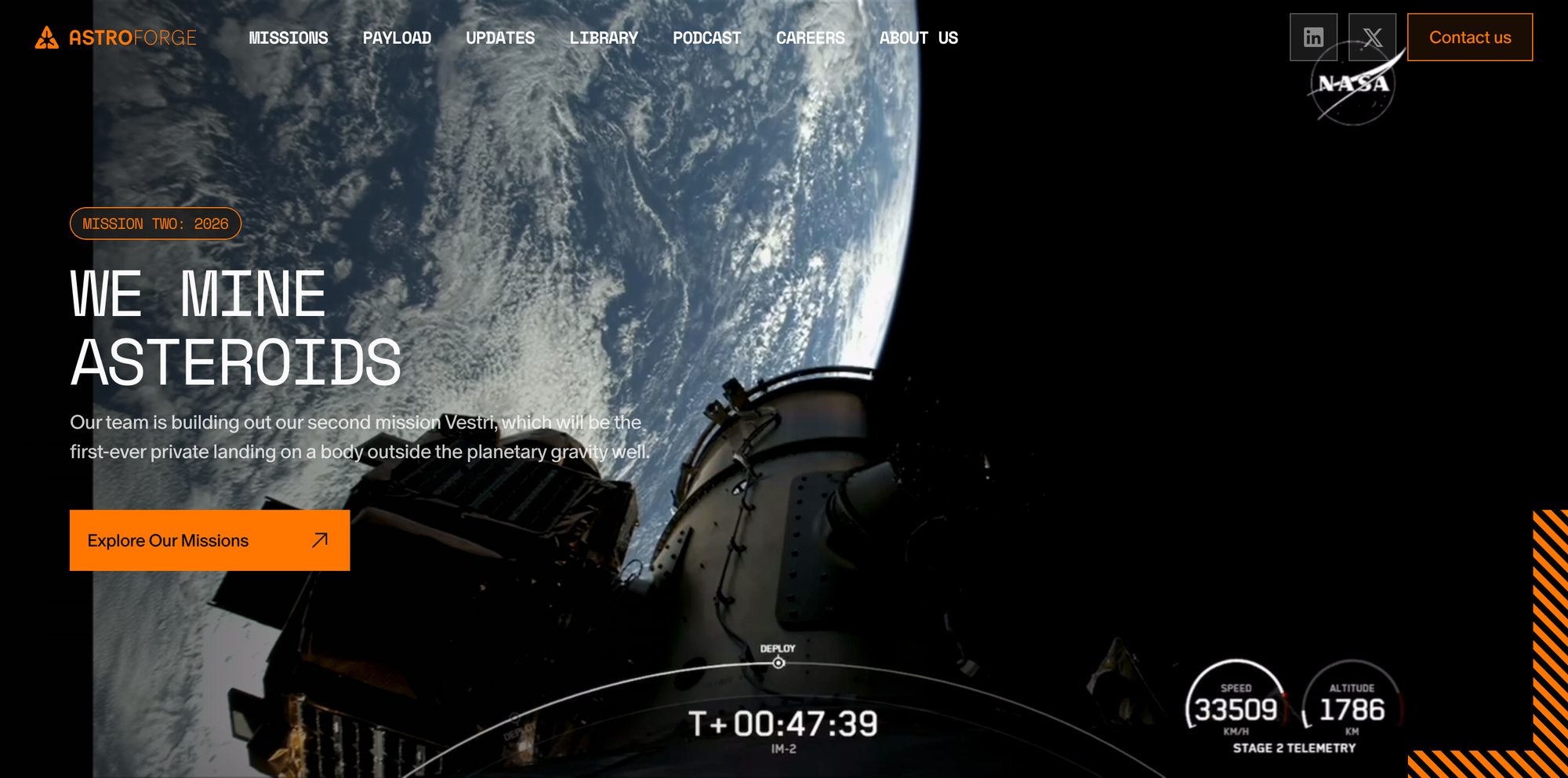
AstroForge is on a mission to mine precious metals from asteroids—unlocking a trillion-dollar market while reducing the environmental damage of Earth-based mining.
🔹 Top innovation: Compact spacecraft capable of capturing and analyzing asteroid material.
Privateer
Headquarters: Maui, HI, USA
Focus: Space data infrastructure and orbital mapping

Co-founded by Steve Wozniak, Privateer is building tools to track objects in space, monitor debris, and support the safe expansion of orbital operations.
🔹 Top innovation: Wayfinder—a real-time visualization platform for orbital object tracking.
Impulse Space
Headquarters: Redondo Beach, CA, USA
Focus: Space logistics and last-mile orbital delivery
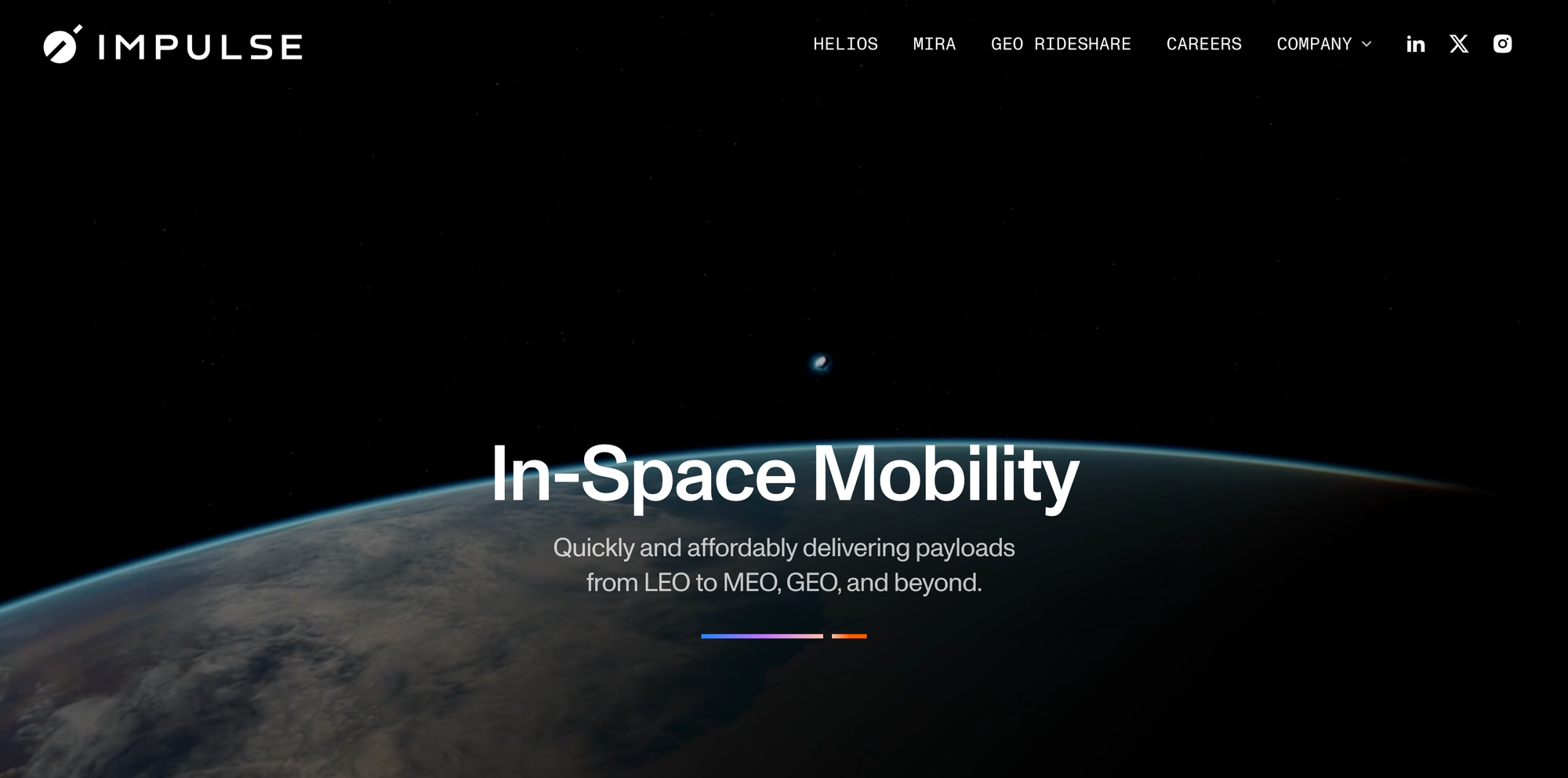
Impulse Space is working to move payloads precisely to their target orbits after launch. With backing from SpaceX veterans, they're designing engines to maneuver satellites more efficiently in space.
🔹 Top innovation: High-impulse chemical propulsion for orbital transfer vehicles.
Hydrosat
Headquarters: Washington, DC, USA
Focus: Thermal imaging for climate and agriculture insights

Hydrosat uses satellites to track surface temperatures across the globe, supporting food security, climate research, and wildfire detection.
🔹 Top innovation: Infrared imaging technology tailored to global agricultural monitoring.
Starfish Space
Headquarters: Seattle, WA, USA
Focus: Satellite docking and life extension services

Starfish Space is developing autonomous docking software and thrusters for in-orbit satellite servicing. Their tech could enable life extension, de-orbiting, and orbital repositioning with minimal human input.
🔹 Top innovation: Otter—an autonomous servicing vehicle for satellites.








